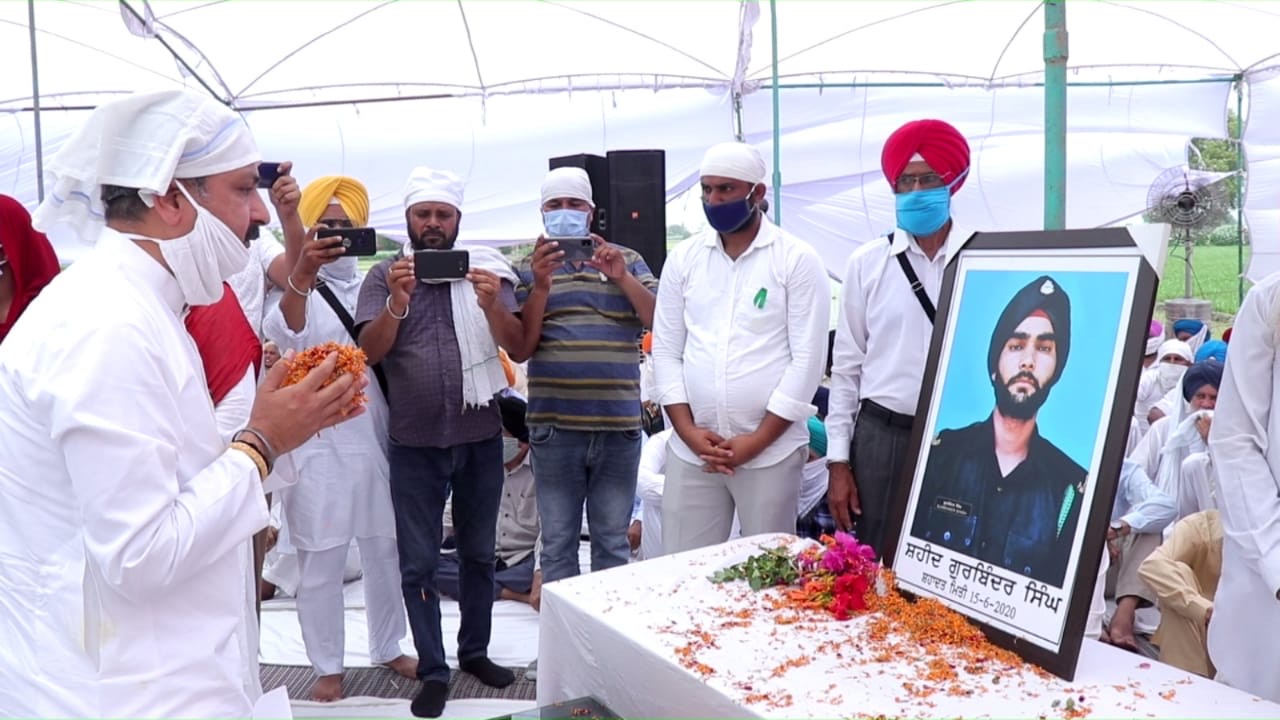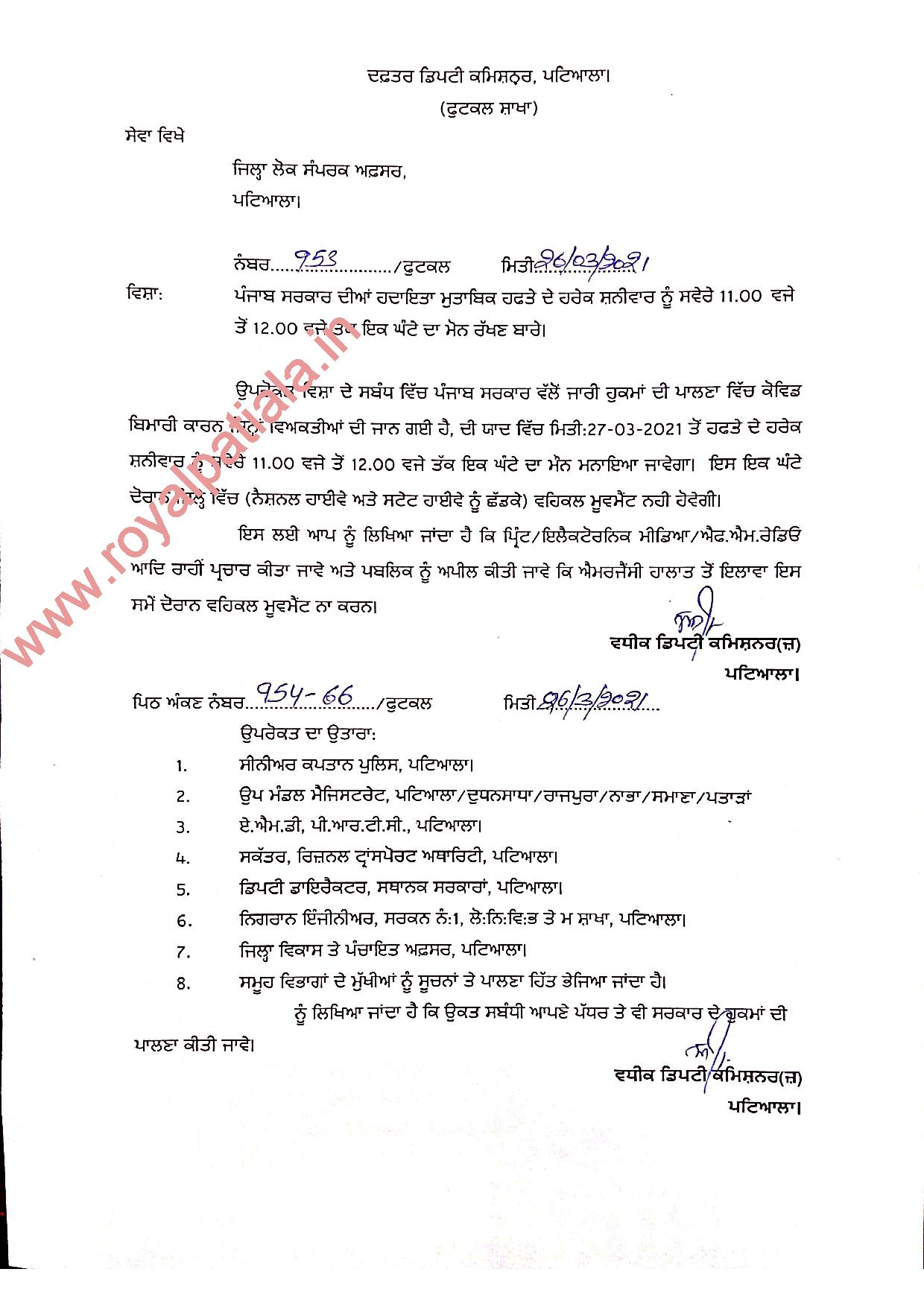Coping Exam Stress-Tips by a Clinical Psychologist
A little bit of stress can be good thing as it motivates us to knuckle down and work hard. But exams can make stress levels get out of hand, which can stop us from performing our best. So it’s important to address it and get it back under control.
How to manage exam stress:
- Learn to recognize when you’re stressing out. A break or a chat with someone who knows the pressure you are under will get things under perspective. Sometimes you just need to talk to someone, other times you need to shout it from the rooftop or scream from the top of your lungs. Figure out what you’re feeling and then let it out. Speaking to a family member or friend can highlight the bigger picture for you and empower you to rise above the exam stress.
- Avoid comparing your abilities with your friends.
- Eat right. Treat yourself like a well honed machine. Fuel your brain as well as body.
- Sleep well. Wind down before bed and don’t revise under the duvet. Get a proper eight hours sleep, it helps your brain to assimilate new knowledge into your long-term memory so that you can recall it when it comes to test day.
- Nothing de-stresses the mind faster than physical activity, so built it in your timetable.
The image below shows the results of a study conducted by Dr. Chuck Hillman of the University of Illinois. It clearly demonstrates the effect exercise can have on your brain’s activity. Imagine how this could improve your exam performance!

- Panic is often triggered by hyperventilating (quick, shallow breaths). So if you feel yourself loosing it during exams sit back for a moment and control your breathing. Deep breath in and out through your nose.
- Study in conditions similar to your test room.There is a phenomenon in psychology called context-dependent memory. It refers to the idea that we are best able to remember things in environments similar to when the information was encoded. A related phenomenon is called state-dependent memory, which means that our memory is better when we learn and retrieve information in similar bodily states.
- Manage your time wisely.Do not just cram for an exam last minute; this will surely lead to exam stress. Break up your study time into chunks over days, or weeks even. When you “chunk” your study time over the course of a longer period of time, such as a few days or weeks, you will retain more of the information.
De-stressing on Exam Day:
- Eat a proper exam day breakfast.Without a proper breakfast your energy levels will quickly crash and may lead to stress, anxiety, and fatigue. Be sure to have a healthy, energy packed breakfast on exam day. Try eating foods that provide long lasting energy, such as eggs or oats. Avoid foods that are high in sugar, which will give temporary energy but may cause you to crash mid-exam.
- Being dehydrated negatively affects how efficiently the brain works. Be sure to stay hydrated before your exam; drink down some water with breakfast
- Arrive early.You may be nervous about the test itself so there is no need for extra stress from fear of being late. Plus, by arriving early you will be sure to get the seat that you like.
- Read instructions carefully.Before answering any exam questions, figure out exactly what is expected of you. Skim the test to see its content and give yourself a rough idea of how long each question will take to complete. Ambiguity can cause stress, so, by knowing how long the test is, you will reduce your stress.
Ultimately, don’t lose sight of the fact that there is life after exams. Things might seem intense right now, but it won’t last forever.
By: Harshpreet Kaur
Clinical Psychologist












